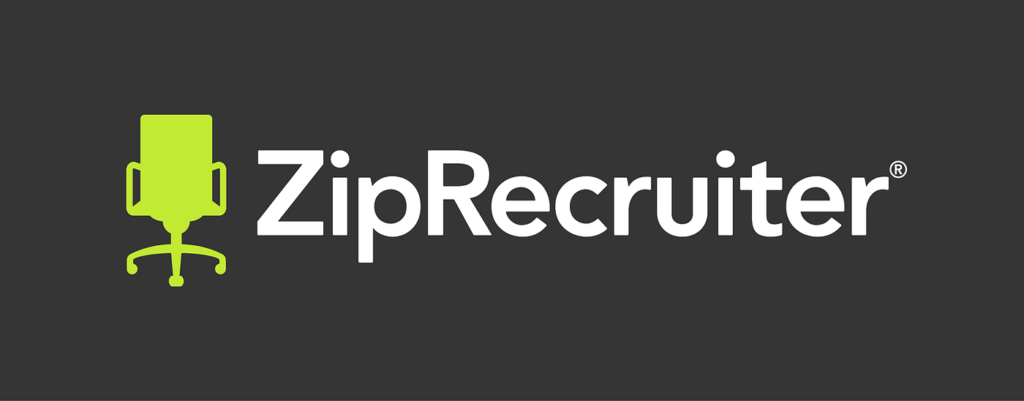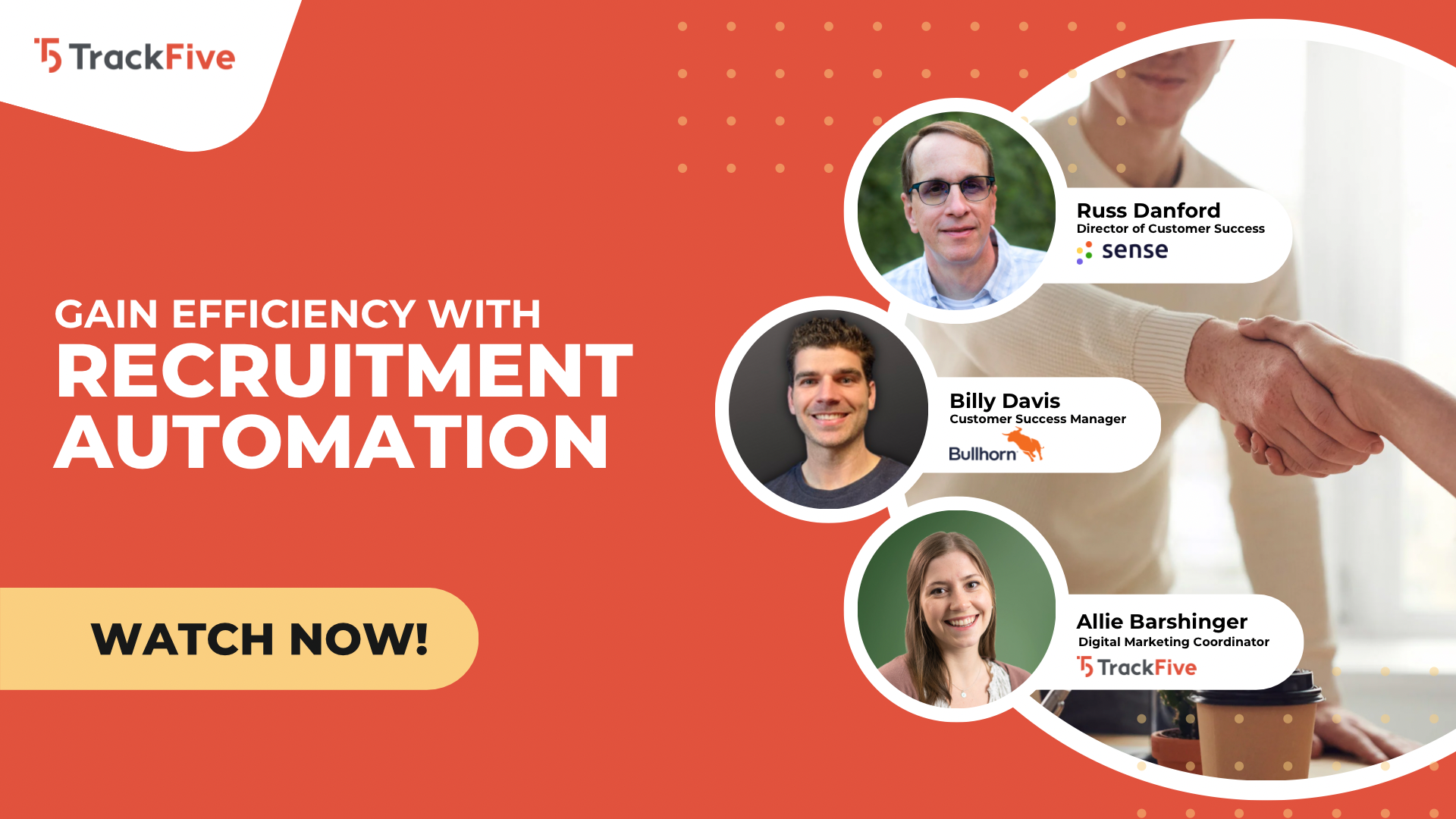In today’s rapidly evolving job market, where new technologies and digital platforms reshape the way we search for and find employment, the future of job boards stands at a crossroads. Job boards have long been the go-to resource for both job seekers and employers, but are they still relevant in this age of AI, social networking, and on-demand gig work? To explore this question, we will delve into the evolving landscape of online job boards, drawing insights from experts and data while considering the potential challenges and opportunities ahead.
The Evolution of Job Boards
Job boards have come a long way since the early days of newspaper classified ads. The internet has transformed them into powerful online platforms, with giants like Indeed and Zip Recruiter dominating the market. These platforms have revolutionized the job search process, making it more efficient and accessible for both job seekers and employers. However, with changing technologies and shifting user preferences, job boards are now facing a new set of challenges.
The Rise of AI and Automation
Artificial Intelligence (AI) and automation have become integral to the job market. In the context of job boards, AI is used to match job postings with candidate profiles more effectively. Instead of manually sifting through thousands of listings, job seekers can now receive tailored recommendations based on their skills, experience, and preferences. This not only saves time but also enhances the quality of job matches.
Moreover, AI-driven chatbots and virtual assistants provide real-time support to job seekers, answering questions and guiding them through the application process. These technologies have made job boards more user-friendly and efficient, streamlining the experience for both candidates and employers.
Data Analytics and Predictive Tools
Data analytics tools have also entered the job board arena. Employers can now analyze data on candidate behavior and application patterns to refine their hiring strategies. They can pinpoint which job postings are most effective, the demographics of applicants, and even make predictions about future hiring needs. This data-driven approach has the potential to make the hiring process more targeted and cost-effective.
Job Aggregators and Niche Boards
While mega job boards like Indeed and StepStone still dominate, job aggregators and niche job boards have carved out their own niches in the market. Aggregators like SimplyHired and CareerJet pull in listings from various sources, offering a one-stop shop for job seekers. Niche boards, on the other hand, cater to specific industries, job types, or geographic regions. These alternatives offer more focused and personalized job searching experiences.
Challenges Facing Job Boards
Despite their evolution, job boards face several challenges that could impact their future viability. Some of these challenges include:
Competition from Social Media and Professional Networks
With the rise of LinkedIn and other professional networks, many job seekers now turn to these platforms to connect with potential employers and showcase their skills. Employers, in turn, use LinkedIn to find passive candidates who might not actively be searching for jobs. Job boards need to find ways to compete with the networking and outreach capabilities of these platforms.
The Gig Economy and Freelancing
The gig economy has gained momentum, with more individuals choosing freelance work over traditional employment. Job boards have primarily focused on full-time positions, leaving a gap in serving the needs of freelancers and gig workers. Adapting to this trend and offering a broader range of job opportunities will be crucial for job boards’ survival.
Quality vs. Quantity
While AI has made it easier to match candidates with job postings, it also raises concerns about the quality of matches. Job boards often prioritize quantity over quality, leading to a deluge of applications for some positions and frustration for both job seekers and employers. Striking the right balance between quantity and quality remains a challenge.
Resume Spam and Identity Verification
Job boards need to address issues related to resume spam and identity verification. Posting fake or exaggerated resumes is a persistent problem that can lead to wasted time and resources for employers. Implementing robust identity verification measures is crucial to maintain trust and credibility.
Diversity and Inclusion
Ensuring diversity and inclusion in hiring has become a top priority for many companies. Job boards need to adapt by offering features that encourage fair and unbiased hiring practices. This might involve removing bias from job descriptions, anonymizing candidate profiles, or providing tools for inclusive hiring.
The Future of Job Boards
As job boards navigate these challenges, there are several strategies and innovations that could shape their future.
1. Enhanced AI and Machine Learning
The continued development of AI and machine learning will be pivotal. Job boards will leverage these technologies to provide even more accurate job recommendations, improve resume parsing, and enhance the overall user experience. As AI algorithms become more sophisticated, they can better understand and match candidates to positions.
2. Augmented Reality (AR) and Virtual Reality (VR)
AR and VR technologies could revolutionize job board experiences. Imagine putting on a VR headset and virtually walking through an office space before deciding to apply. Or conducting job interviews in VR, allowing both job seekers and employers to get a feel for one another. These technologies could bring a new level of immersion to the job search process.
3. Blockchain for Verification
Blockchain technology offers a secure and transparent way to verify candidate credentials. Job boards can leverage blockchain for identity verification and education and employment history confirmation. This could help reduce fraud and improve trust in the platform.
4. Personalized Learning and Upskilling
Job boards could expand their services to include personalized learning and upskilling options. As the job market evolves, continuous learning becomes essential. Job boards could provide tailored learning recommendations, connect users to online courses, and even offer certification programs.
5. Greater Integration with Employers
Job boards might work more closely with employers to understand their hiring needs and company culture. This partnership could lead to the development of tailor-made solutions for recruitment, including company-specific assessment tools, culture fit evaluations, and employer branding services.
6. Virtual Job Fairs and Networking Events
Hosting virtual job fairs and networking events can recreate the in-person experience online. Job seekers can interact with potential employers and network with other professionals. These events could offer more than just job listings, fostering a sense of community among users.
7. Navigating Regulations and Compliance
In a world of evolving labor laws, data privacy regulations, and remote work arrangements, job boards will need to stay ahead of the curve in terms of compliance. Ensuring the protection of users’ data and staying updated on global labor market trends will be essential.
The future of job boards will depend on their ability to adapt to the changing job market and technological landscape. While challenges such as competition from social networks, the rise of the gig economy, and quality concerns persist, the opportunities for innovation and growth are abundant. As job boards continue to integrate AI and data analytics, explore emerging technologies like AR and VR, and provide value-added services, they can remain relevant and essential in the job search process. The key to success will be providing a user experience that caters to the evolving needs and expectations of job seekers and employers while staying committed to transparency and fairness.
In the years to come, job boards have the potential to not only help people find jobs but also to foster career development, upskilling, and lifelong learning. By embracing these changes and evolving with the times, job boards can secure their place in the future world of work.











